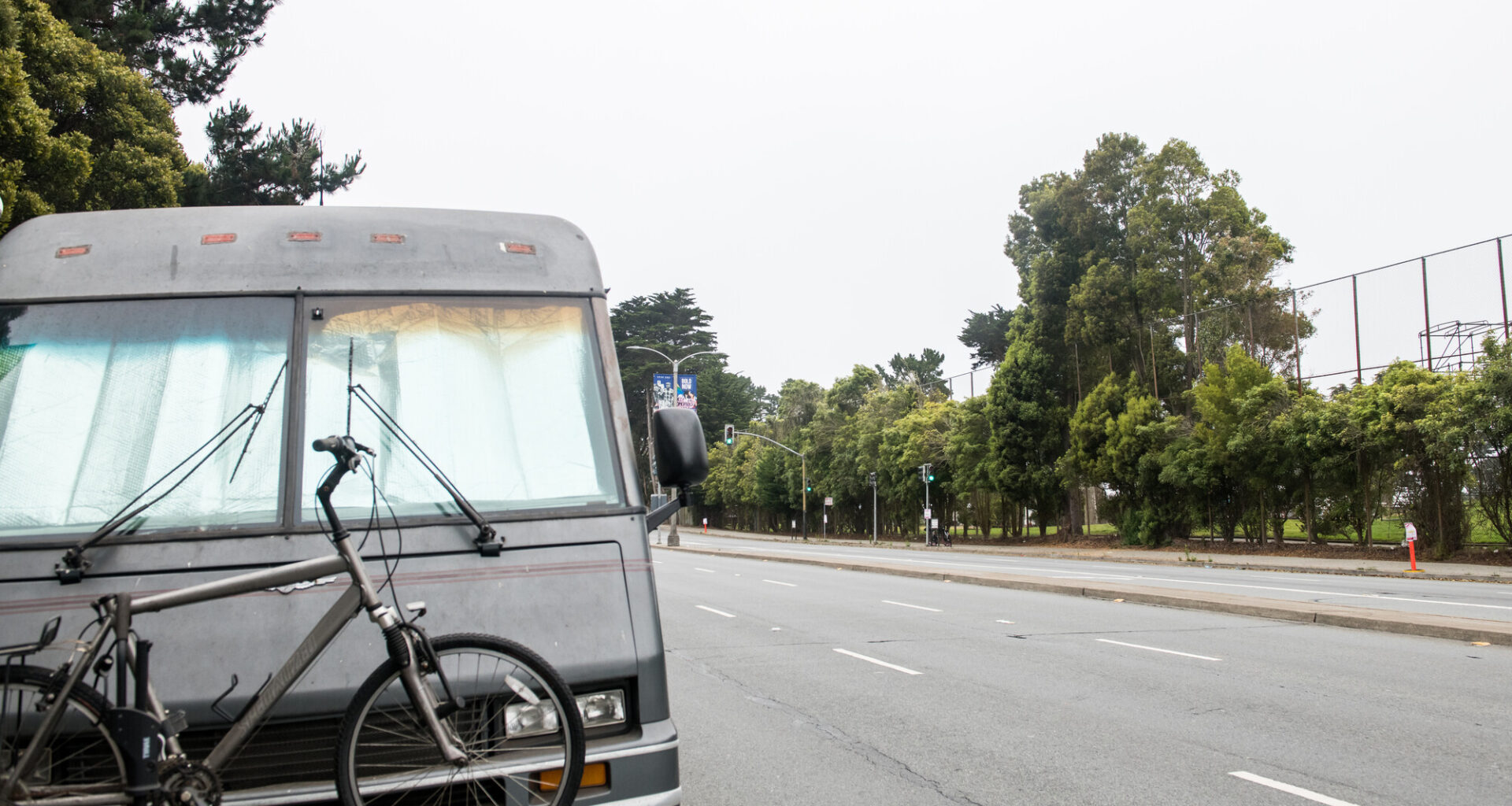Meanwhile the city said it will be offering single adults with RV permits housing vouchers, non-congregate shelter beds and permanent supportive housing units. So far, many have largely been offered temporary shelter, said Bollinger, who works as a rideshare driver and photographer.
For him, the RV offers more independence and privacy than a shelter.
“In order to receive our permits, we also have to sign up to receive services like shelter or housing,” he said. “The cost of living is really high. You know, moving for street sweeping, having to find places to fill and dump tanks, dispose of garbage, that kind of stuff sucks to do. But I have a lot less worries about having to make the bills.”
About 9% of the city’s unhoused population lives in vehicles, according to 2024 federal data. While a small portion of the homeless population overall, the number of people living in vehicles increased 37% from 2022 to 2024.
Families are disproportionately affected by the RV ban. The city’s 2024 Point-in-Time count found about 130 unsheltered families in the city, and 90% of those families lived in vehicles.
District 10, which includes the Bayview neighborhood, saw the largest increase in unsheltered homelessness between 2022 and 2024, largely due to an increase in people living in vehicles. There, local supervisor Shamann Walton and other community leaders have pushed for a safe parking site for families living in RVs. The city walked back a plan to keep a pandemic-era parking site open, sending many families to other streets with parking restrictions and often a lack of water hook-ups or sanitation services. Today, the city has no active safe parking programs.
Besides the Bayview, the city’s west side, where Bollinger frequently parks, had the second highest portion of homeless residents living in vehicles.
City officials have gone back and forth over how to handle lines of RVs in residential areas, which increased after the coronavirus pandemic. In 2024, former Mayor London Breed similarly attempted to impose an RV ban, then reversed course after RV dwellers and homeless advocates pushed back.
“This comes down to being very aristocratic,” said Bollinger. “It’s not meeting the needs of the homeless population in general. It’s really just so that we can say, ‘look at our beautiful wonderful city’ when it’s not solving any economic issues.”

